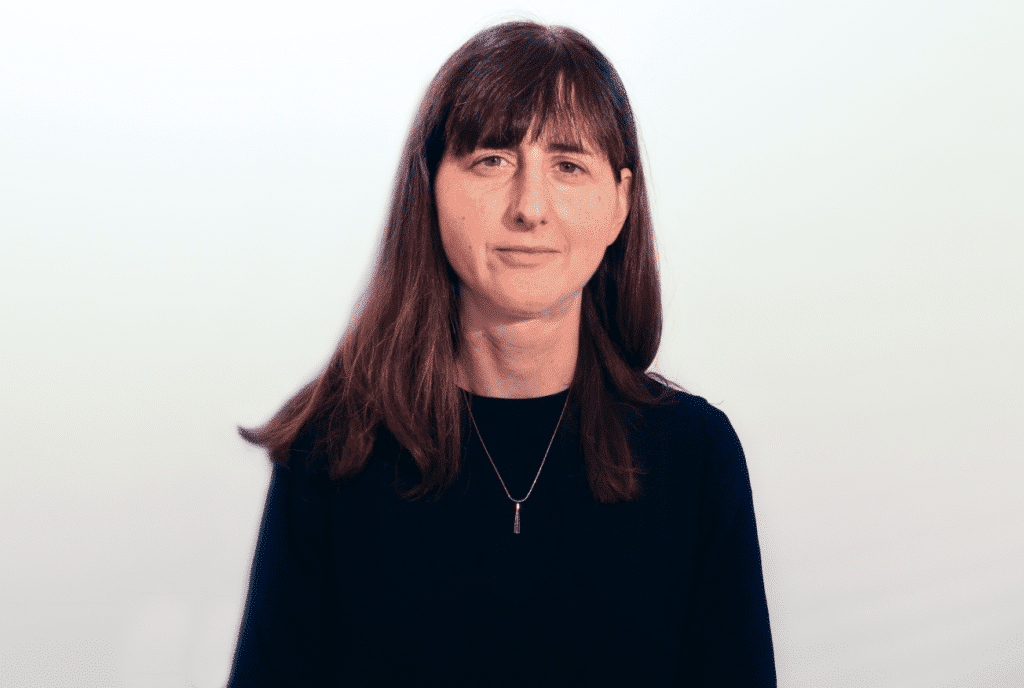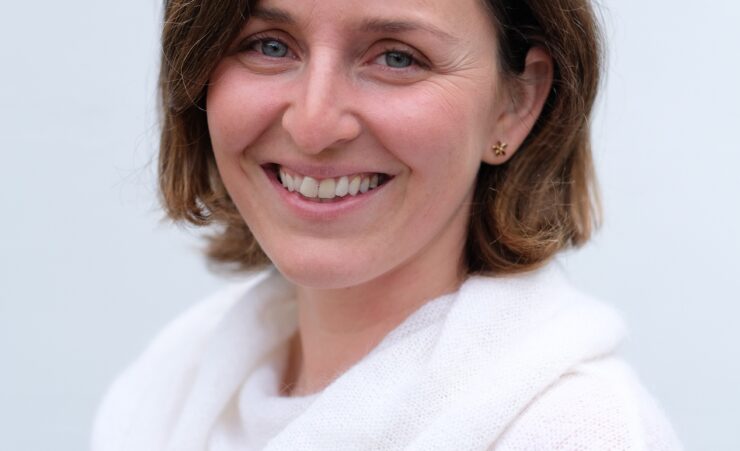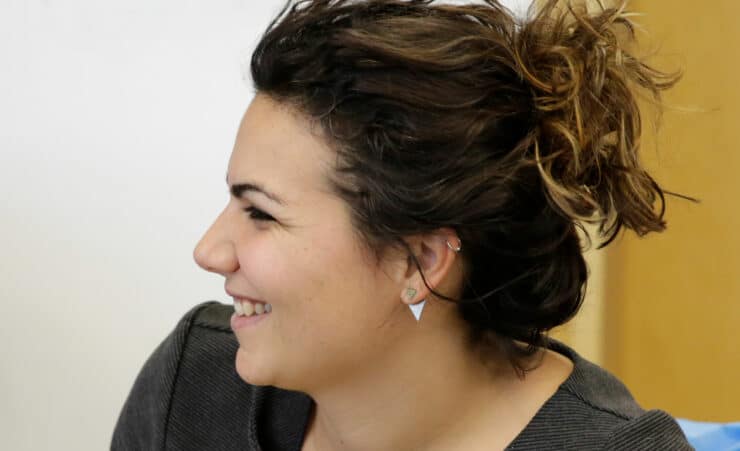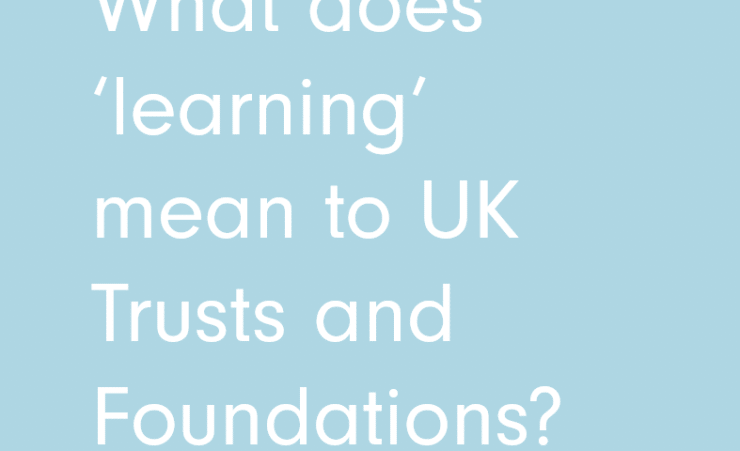
Learning with intent: How to pay greater attention to how, why and from whom we learn
Learning in uncertainty
Nikki Wimborne is the Programme Manager at the Cripplegate Foundation.
Processing the last 18 months since the UK’s first Covid-19 national lockdown remains an ongoing activity. It’s hard to fathom the lives lost and the very rapid changes to lifestyle everyone has experienced. Yet, in some sense, the uncertainty and chaos has allowed us to break free from old habits and, most importantly, to question and challenge how we work.
As a place-based funder, we pride ourselves on proactively building and maintaining relationships with a range of local stakeholders. We spend most of our time in the communities we serve, listening and learning to inform our understanding of the local environment so we can respond and adapt accordingly. An in-person relationship – the key to our whole approach – was tested online, and, there was less opportunity to experience learning and to share this with each other, at least initially. This was intensified by the pressure to capture and make sense of the pandemic and the impact it was having on people – as it was happening.
What followed was months of joining forces with others, united under the common purpose of responding to the pandemic, giving rise to a more collective way of working, both internally and externally, within our geographic place and beyond. As a part-time member of staff, I had always been extremely selective about what learning events, workshops, and conversations I joined due to time and workload pressures. With the ability to join remotely, I was able to juggle childcare responsibilities and immerse myself in wider conversations and different networks. It was energising and enlightening, but overwhelming.
Data, unheard voices, and innovation were free-flowing, but it was hard to know how best to collate and use all this information, when to zoom in and out of our geographic place, and how and when to learn and share with others without duplicating efforts or losing our focus.
As we learn to live with Covid-19 and Cripplegate Foundation embarks on renewing its three-year strategy, it feels important to sustain the impetus and purpose around learning. Whilst we don’t have all the answers on how to do this, we are clearer on the questions we need to ask ourselves to build on and link learning into our strategic framework. What we learn is clearly important, but the questions pay greater attention to how and why we learn and from whom, to improve practice.
My 10 questions are:
- How do we create a framework for learning within the foundation that all staff can feed into?
- How do we create spaces internally and externally for learning?
- How do we give prominence to informal learning with local people and those that work with them?
- How do we pull together and interpret this learning with strategic intent and purpose?
- How do we present this learning for it to be considered as ‘research’ or ‘evidence’?
- How do we ensure we listen to and learn from a diverse range of people?
- How do we ensure learning is mutually beneficial rather than extractive?
- How and when are we bolder in using our learning to advocate for change?
- How and when is it imperative to work collectively, beyond our geographic place, to have a greater impact on the residents we serve?
- How do we bring our Board on this learning journey when they are not involved in the day-to-day?
Perhaps the biggest learning from the pandemic is that responding alone doesn’t feel enough now. There feels like a bigger call to action: to utilise learning to evolve and change so that we can improve people’s lives. Statutory, voluntary, private, and public sector organisations all proved change can happen quickly in a crisis. It seems incongruous not to apply this to those whose everyday life is routinely in crisis, uncertain and unstable.


